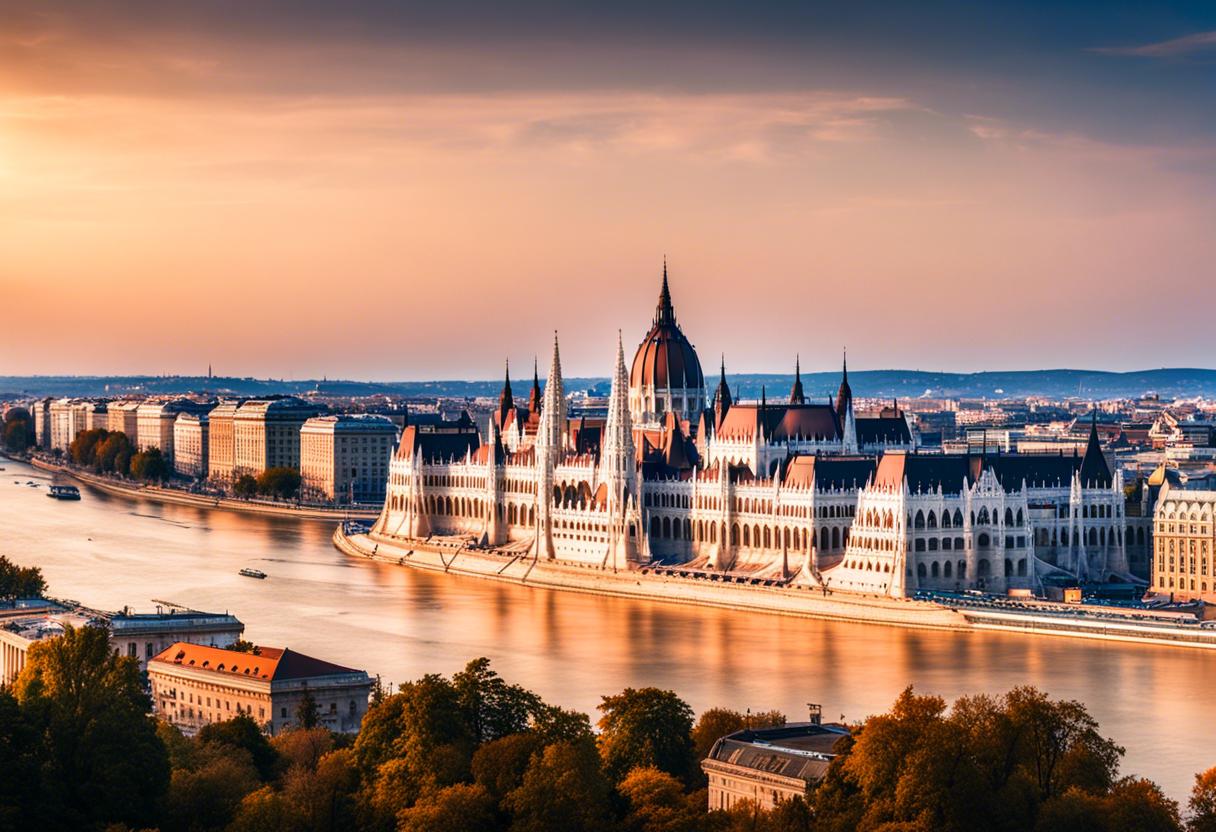Chinese President Xi Jinping’s tour of Europe, which included stops in France and Serbia, culminated in his visit to Budapest, Hungary. His arrival on Wednesday was received by Hungarian President Tamas Sulyok at the magnificent Buda Castle. This visit marked President Xi’s first European trip in half a decade.
Under the leadership of the right-leaning Prime Minister Viktor Orban, Hungary has evolved into a key trade and investment ally for China, differing markedly from other European Union members who are considering reducing their dependency on the world’s second-largest economy.
During his time in France, President Emmanuel Macron and EU Commission President Ursula von der Leyen urged President Xi to facilitate more balanced commerce with Europe and to utilise his sway with Russia to conclude the conflict in Ukraine.
Throughout his visit, President Xi has forged strong ties with Hungarian politicians, making Hungary a prime target for Chinese investments in the Central Eastern European region, according to the pro-government publication Magyar Nemzet.
Later in the day, a meeting between President Xi and Prime Minister Orban was scheduled where critical topics such as the Ukraine conflict and various infrastructure projects were to be discussed. As part of their 75th anniversary of diplomatic relations, Hungary and China are set to sign between 16 and 18 new co-operation agreements, according to Foreign Minister Peter Szijjarto. One of these might include a major infrastructure project affiliated with China’s vast Belt and Road initiative.
Reports have suggested that President Xi and Prime Minister Orban may also announce the plans for Great Wall Motor, a Chinese automotive manufacturer, to establish a factory and produce electric vehicles in the southern town of Pecs.
China’s warm political relationship with Hungary transformed into investments around a decade after Orban’s election in 2010. Significant contributors include electric vehicle and battery manufacturers, with CATL earmarked to construct a €7.3 billion battery factory in Debrecen and Chinese EV maker BYD announcing the building of its first European plant in Szeged.
Economics lecturer Tamas Matura from Corvinus University explained that these manufacturing moves were initially to manage the cost of shipping heavy batteries to car plants such as Daimler and BMW. With EU’s protectionist plans posing an obstacle to their expansion, producing Chinese electric vehicles in Hungary appears to be the next logical step, he added.
“If they are well-established and manufacturing within the EU, the impact on them could be significantly reduced,” he stated. – Reuters.

